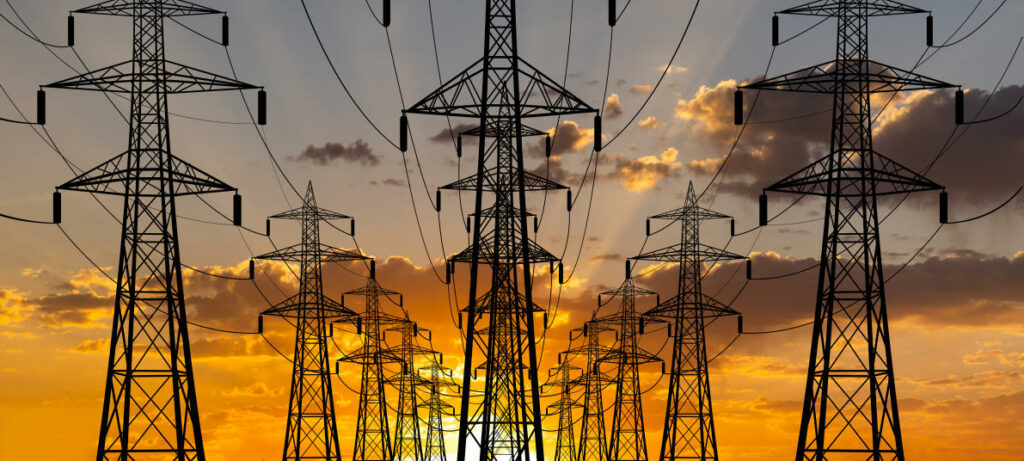Canary Media chirps that “Vermont is on the cusp of mandating 100% clean electricity by 2035/ The state’s Senate approved the measure this week, putting Vermont on track to be among the first states to fully decarbonize its power grid.” Need we really mention again that what politicians say will happen in a piece of legislation and what really does happen are not always exactly the same? Apparently so.
If you read the Canary Media piece with our usual gimlet eye, some holes quickly appear. For instance the bit where:
“Advocates involved with the Vermont bill’s passage told Canary Media that the new standard would underpin parallel climate efforts, like the state’s bid to electrify its home heating sector.”
Again, what advocates think something will underpin and what it instead undermines is familiar to anyone who understands the Law of Unintended Consequences including that it’s one law that cannot be repealed despite countless efforts. And indeed here the argument that a measure that will limit the state’s access to electric power can be implemented alongside another that requires more electric power to be available suggests a lack of focus.
The piece also declares that:
“The targets are far from an about-face for Vermont; nearly all the electricity it generates in-state has come from renewable sources since 2015. But Vermont imports over half its power, including some fossil-fuel-generated electricity.”
Which when translated from Zealotese to English says the state already can’t cover its energy needs from these fabled renewables, so it’s planning to increase its need for them while eliminating its backup option. What could go wrong?
Nothing, apparently. At any rate, Canary Media didn’t wander about interviewing any sceptics, just enthusiasts, and on that measured basis assured us that:
“The bill would ensure that utilities meet all their electricity needs by building and purchasing more power from renewable energy projects. By 2035, utilities would need to purchase 20 percent of their electricity from small, recently constructed in-state renewable power projects. Those will mostly turn out to be solar installations, advocates say.”
But no. It would not “ensure” anything. It would merely require that they try to do so, and deprive them of any recourse if it didn’t work. Not the same thing.
We might be thought snide to compare Vermont’s imperviousness to reality concerning its electricity system with the deadly multi-layered catastrophe of Mao’s Great Leap Forward. But there is something to be said for learning from experience. Including Vermont’s, if they really charge ahead with this disaster.



This state has reelected the hallucinogenic senator Barry Sanders multiple times, Vermont has a very loose association with reality!
Wonder how much Vermont consumers pay for their electricity?I'd bet it is well above the national average.And it will get worse as they try to bring
more and more renewables online.They is NO PLACE on earth where the general public has reduced electricity prices after going gung-ho with
renewables.The prices skyrocket despite the claims of the supporters that the costs are getting cheaper all the time.They're not!
As a "renewable" source, Solar PV has an effective life of 15 years and comes loaded with an (evil) imbedded manufacturing and transport carbon footprint and includes toxic chemicals and to date are not recyclable. When you're selling snake oil, I assume details are irrelevant.
They could do it. just work out how many Nuclear power stations they would need. Given the prevailing regulatory environment, that would be colossally expensive - but not, I venture, anywhere near the cost of trying to do it effectively with wind and solar and sufficient storage fully cover demand in perpetuity.